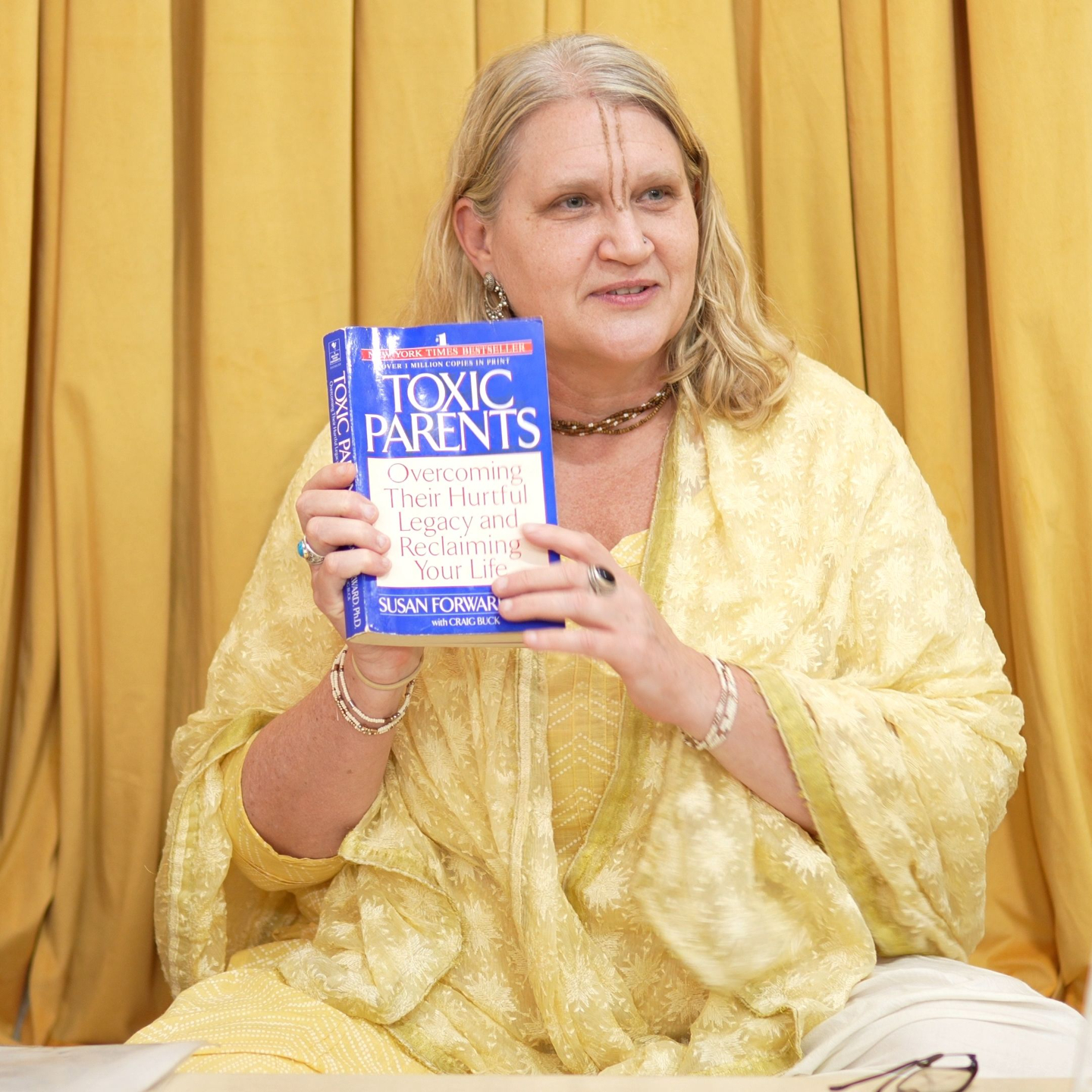WHAT'S YOUR ATTACHMENT STYLE?
Discover Your Relationship Pattern

Do you chase, pull away, or find balance when love 💗 gets real?
Your attachment style shapes every relationship you'll ever have—from how you handle conflict to how you express love—and understanding it is the first step to breaking painful patterns and building the connection you deserve.
Which of the 4 attachment styles is secretly running your love life?
Attachment Styles
Love's Hidden Operating System
Your attachment style is the unconscious program running beneath every text you send, every fight you have, and every time you fall in love. Of the four styles, only secure attachment flows naturally balanced between closeness and independence. The other three create different dances of anxiety and avoidance, each protecting you from childhood wounds you may not even remember.

SECURE
Svastha (स्वस्थ) - Self-Knowing
The Sanskrit word Svastha, meaning "established in the Self" or "abiding in one's true nature," perfectly captures the gold standard of attachment—Secure style, where independence meets intimacy and connection flows from inner stability. These individuals create healthy relationships through the ideal balance: comfortable with closeness without losing themselves, and comfortable alone without feeling abandoned. They communicate needs directly, trust without testing, love without grasping, and navigate conflict with the confidence that connection can survive honesty and repair.
Learn More About Secure Attachment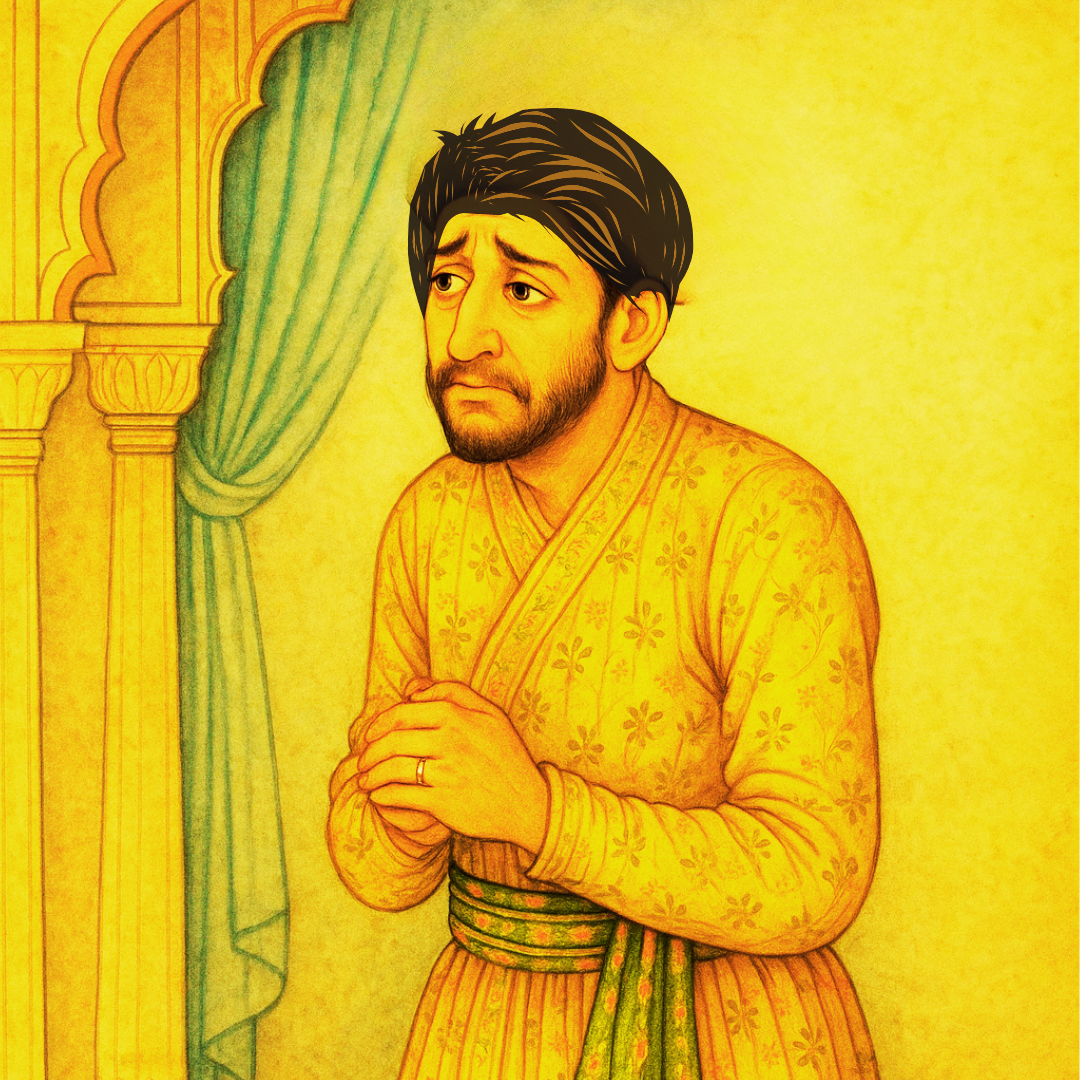
ANXIOUS
Toshaka (तोषक) -
Self-Sacrificing
The Sanskrit word Toshaka means pleasing or one who brings satisfaction to others. This natural gift for nurturing springs from a profound capacity for connection, where love is expressed through thoughtful action and genuine care. This endless effort to please springs from anxious attachment, where intimacy is never close enough and love requires constant closeness and connection. They have an intuitive sense for others' needs and a rare willingness to be vulnerable.
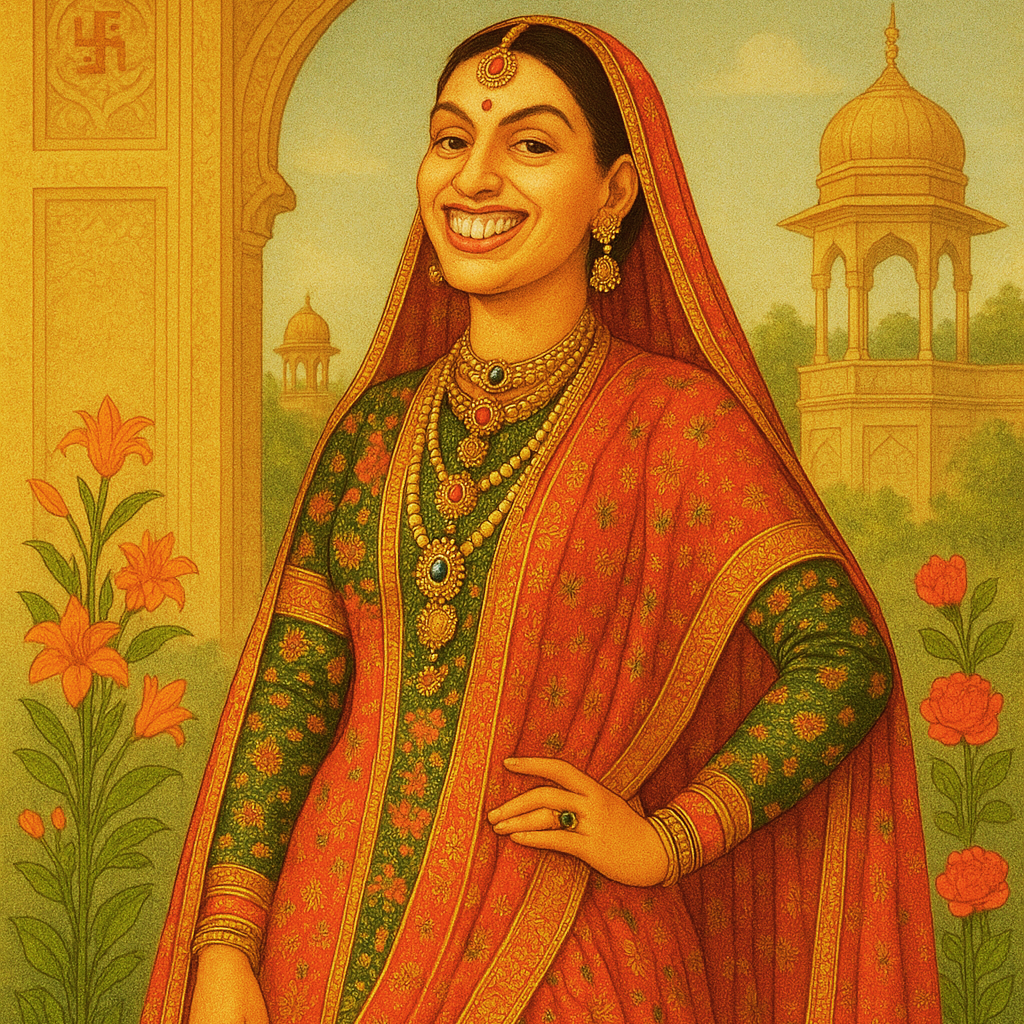
AVOIDANT
Svarthi (स्वार्थी) -
Self-Reliant
The Sanskrit word Svarthi means self-reliant. This self-preservation springs from avoidant attachment, where intimacy feels threatening and love requires maintaining safe emotional distance.They intuitively sense when others get too close and remain remarkably calm under emotional pressure—though this can leave partners feeling perpetually locked out, longing for vulnerability that never arrives.
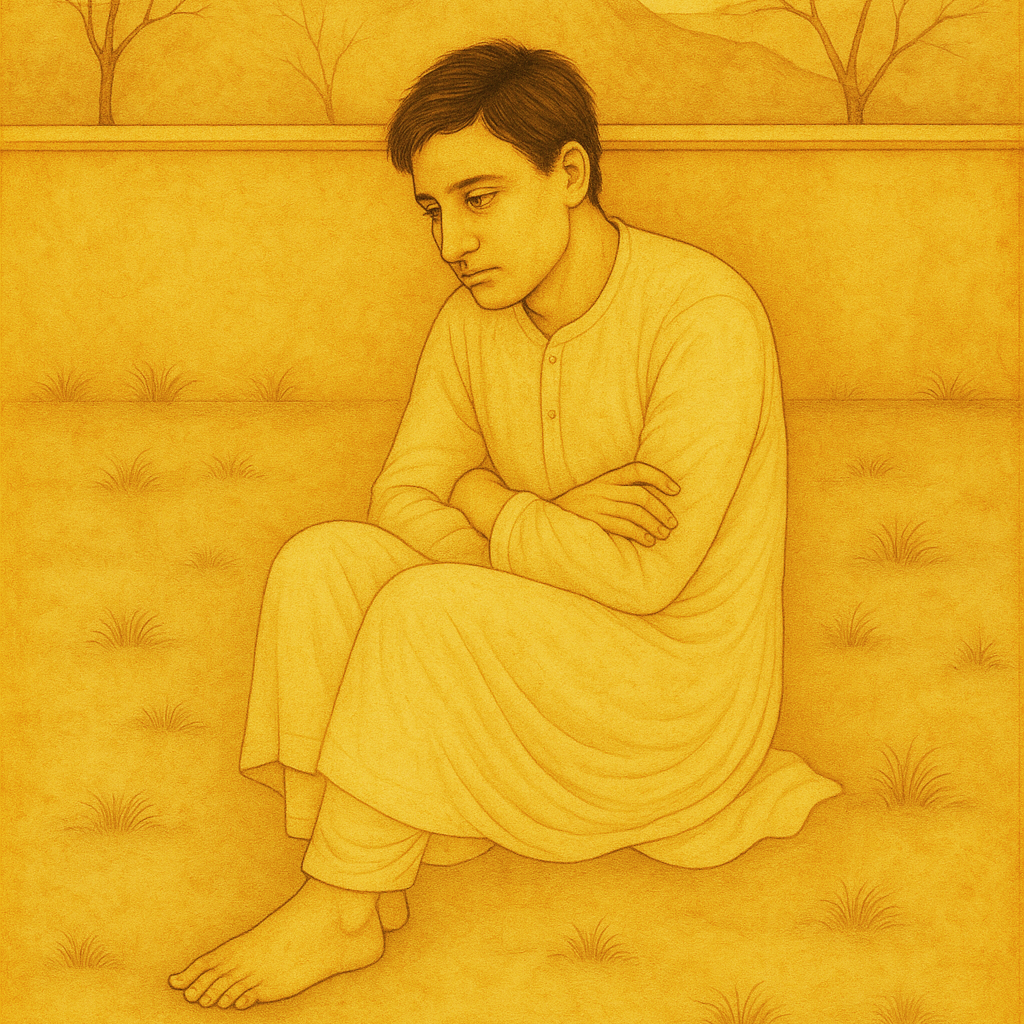
DISORGANIZED
Shunya (शून्य) -
Self-Doubting
The Sanskrit word Shunya means "void" or "emptiness," capturing the chaos of a disorganized attachment where love and fear occupy the same space. This creates turbulent connections—desperately craving the closeness that terrifies them, running toward and away from love in the same breath. They want intimacy but can't trust it. Yet this hypersensitivity gives them profound emotional Yet this hypersensitivity gives them profound emotional sensitivity.
The Roots of Attachment Styles: Parenting Styles
Behind every attachment style lies a parenting style that taught you whether love was safe, conditional, distant, or dangerous—programming your nervous system's response to intimacy before you could even speak. Which parenting style shaped your approach to love?
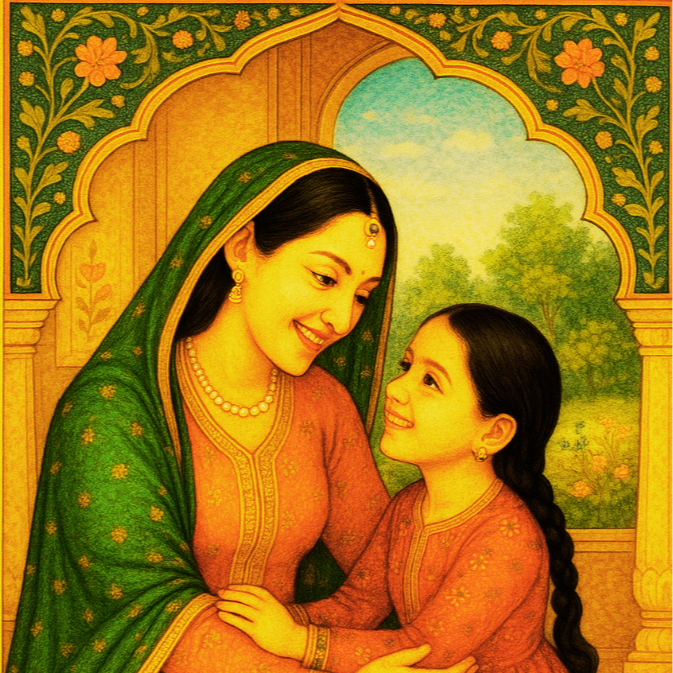
AUTHORITATIVE
Saumya
(सौम्य)
Consistent and Kind
Authoritative parents create secure attachment through the ideal balance: high warmth with consistent boundaries. They set clear limits with kindness, listen attentively before responding, guide without controlling or micromanaging, validate feelings while maintaining expectations, and teach through natural consequences paired with calm explanations, creating children who feel both deeply loved and safely contained within reasonable structure.
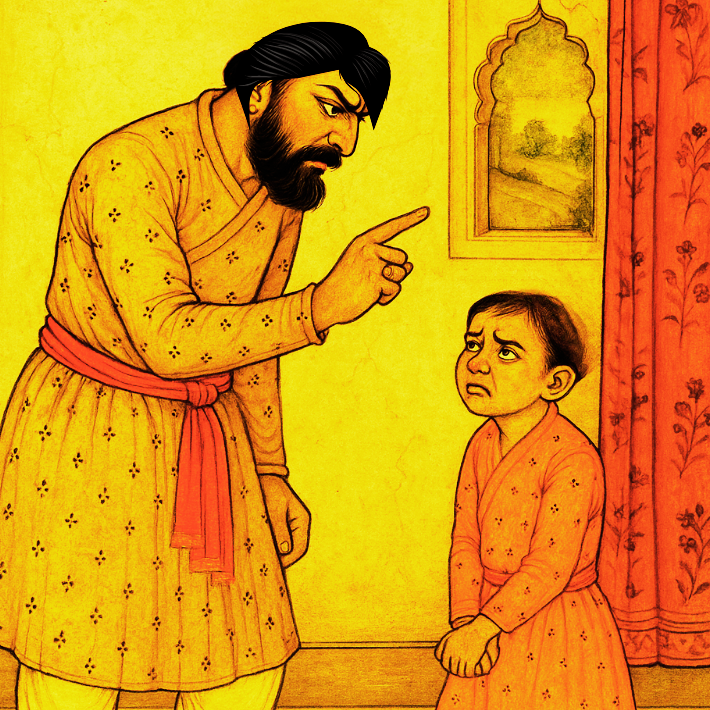
AUTHORITARIAN
Danda
(दण्ड)
Controlling and Cold
Authoritarian parents create anxious attachment through rigid control: high demands with low warmth. They enforce rules through fear rather than understanding, command without listening to their child's voice, control without connecting to their child's heart, value obedience over emotional intelligence, and teach through punishment and criticism while emotional needs go unmet, creating children who either constantly seek approval.
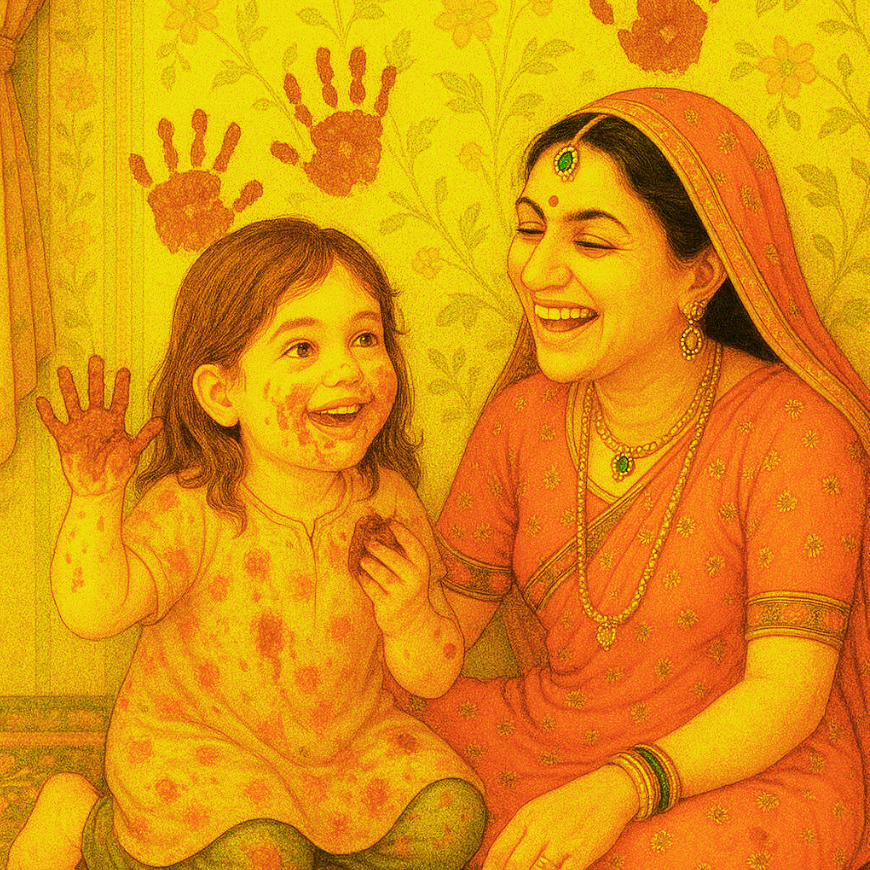
PERMISSIVE
Mitra
(मित्र)
Loving and Lenient
Permissive parents create avoidant attachment through limitless acceptance: high warmth with absent boundaries. They comfort without containing, support without structure, befriend rather than guide, and avoid conflict while their child learns that no one will hold the line, so they must become their own fortress.
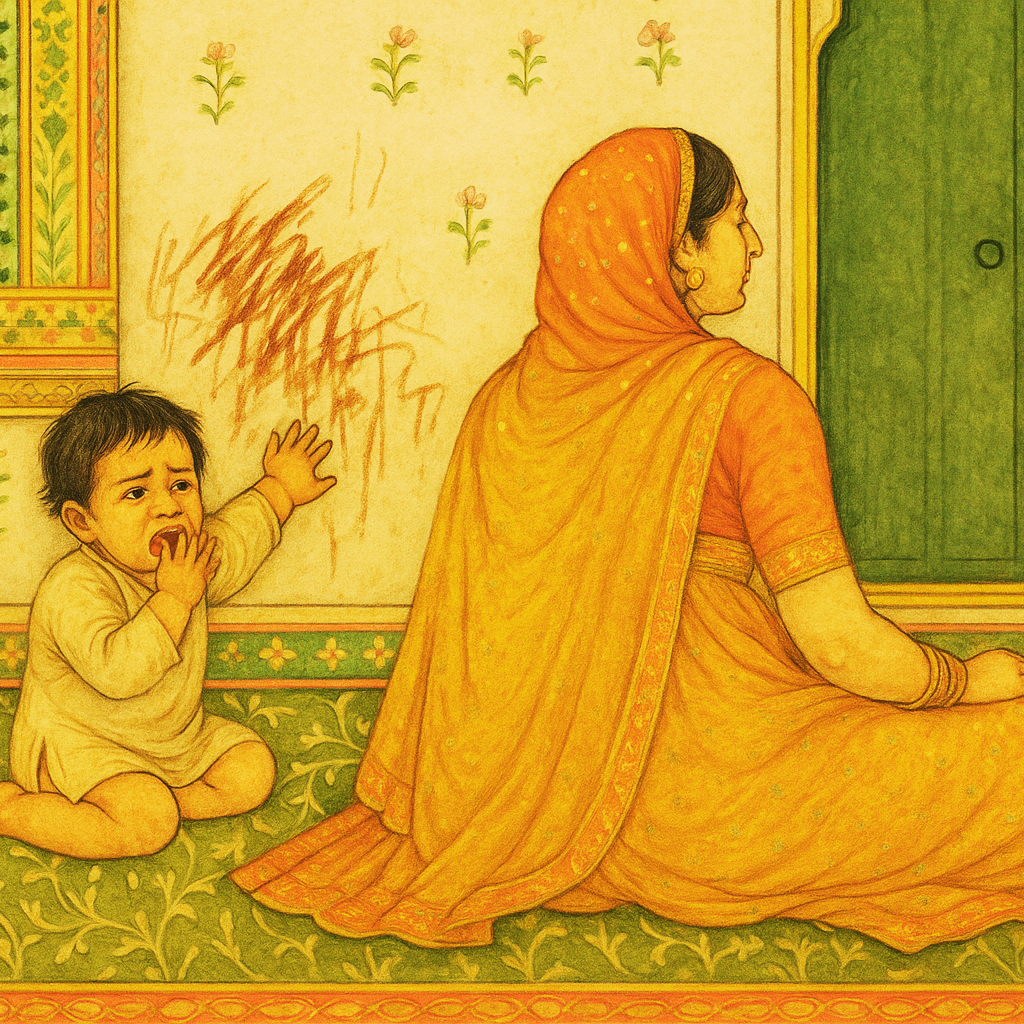
NEGLECTFUL
Ālāsa
(आलस)
Distant and Disinterested
Neglectful parents create disorganized attachment through profound absence: low warmth with no boundaries. They're physically present but emotionally gone, too overwhelmed or indifferent to notice, provide neither comfort nor structure, and leave their child alone in a void where love and limits should be, creating chaos where there should be care.

What Kind of Parent Shaped You?
Discover which of the four parenting styles shaped your upbringing—and understand why it matters. This quiz reveals whether you were raised with the rare gift of authoritative parenting or one of three other styles that leave lasting marks on how you connect with others today.
